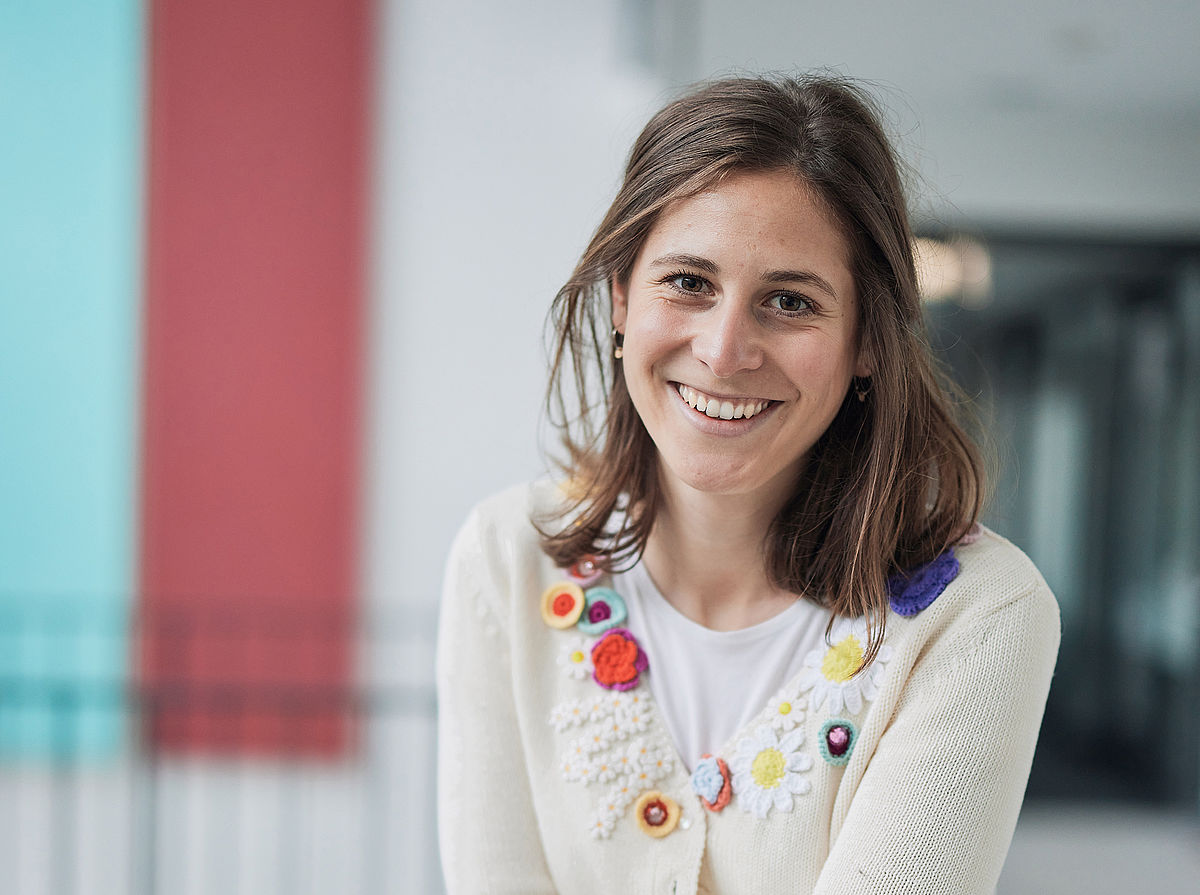Currently, the biggest driver of the energy transition is not the climate crisis but the war in Ukraine: energy prices have soared to a record high. This is putting pressure on households that had been struggling with energy poverty even before the crisis began.
These are precisely the households that Katharina Drescher is studying to determine the factors that promote energy poverty. The early career economist at the Chair of Public Economics at the University of Passau hat set out to analyse the data of the German Socio-Economic Panel covering the period from 2013 to 2019 together with her colleague Benedikt Janzen from the University of Bern. Germany has no clear definition of what constitutes energy poverty.One of several indications examined, however, is the 10 per cent rule: according to this rule, households are considered energy-poor when they need to spend more than 10 percent of their income on energy. In 2019 this was true for 17 percent of, or roughly 6 million, German households.
Once energy-poor, always energy-poor?
Anyone who has once been classified energy-poor has a higher risk of slipping into energy poverty again.
Katharina Drescher, University of Passau
Groups who generally have a higher risk of poverty were disproportionately affected by energy poverty: single parents, the unemployed and less educated people. Energy poverty comes with a second factor: According to the research team, an energy-inefficient apartment and the use of electric and oil heating raises the risk of falling into energy poverty.
"Anyone who has once been classified energy-poor has a higher risk of slipping into energy poverty again," Katharina Drescher says, summarising the results of her study. Although, before the crisis, the majority of households managed to move out of energy poverty during the observation period, 14 percent of the energy-poor households were affected by chronic energy poverty according to the team of authors.
"Policymakers should prevent households from being affected by energy poverty," Drescher advises. She says that even if these measures are costly, they will be worth the effort in the long run. Energy poverty, according to her, actually has other, health-related consequences: Studies have found that children suffer a higher incidence of respiratory disease, for instance; mortality is elevated among the elderly.
Carbon pricing: Economically expedient, but unpopular
There is another reason why policymakers should alleviate hardship caused by high energy prices. It would actually bolster support for unpopular measures in the groups affected. This was shown by a study conducted by Drescher's colleague Geske Rolvering. Rolvering, who also works at the Chair of Public Economics, assessed what Germans think of carbon pricing. Together with behavioural economist Fabienne Cantner from TUM Campus Straubing, she carried out a representative survey with 2,936 participants in December 2020, shortly before the carbon price was introduced in January 2021.
What was particularly remarkable was that many of the respondents were able to list the negatives/disadvantages but not any of the positives/advantages of the carbon price. Most economists agree though that the measure makes sense.
Geske Rolvering, University of Passau
People's perceptions about the carbon price line up with their political preference: most of the people endorsing the introduction of the carbon price were Green Party voters. Support for carbon pricing also increases as income increases. Overall, however, the respondents were rather opposed to the measure although a majority indicated that they were aware of climate change and were worried about it. "What was particularly remarkable was that many of the respondents were able to list the negatives/disadvantages but not any of the positives/advantages of the carbon price. Most economists agree though that the measure makes sense," says Rolvering.
In a next step, the researchers wanted to know whether the negative attitude could be overcome by providing information. The answer: Yes. The researchers surveyed the approval rating of carbon pricing using a scale of 1 to 7. The average approval rate turned out to be 3.78. "The approval rating increased by 0.12 points to 3.90 once the rationale behind carbon pricing was explained, namely the polluter pays principle – which says that whoever harms the environment should pay for it," says Rolvering. A similar effect was achieved by comparing Germany's emission levels with those of other countries. The provision of information, however, failed to produce any effect with climate change sceptics.
About the authors
Katharina Drescher and Geske Rolvering are doctoral candidates at the Chair of Public Economics at the University of Passau. These research studies are part of their cumulative doctoral theses, where several studies publishable in relevant scientific journals are submitted instead of a thesis in monographic form. Drescher's study appeared in the highly regarded journal "Energy Economics" in October 2021 under the title "Determinants, persistence, and dynamics of energy poverty: An empirical assessment using German household survey data".
Rolvering's study is currently in the working-paper stage so as to garner feedback from other experts before she submits it to journals for a review.
Under the supervision of Professor Stefan Bauernschuster, who holds the Chair of Public Economics at the University of Passau, the team is studying the impact of political measures – including the possible implications of a speed limit. This topic is also being discussed again on account of the war in Ukraine.
Text: Kathrin Haimerl
Prof. Dr. Stefan Bauernschuster
Wie beeinflussen politische Maßnahmen Entscheidungen von Individuen und Familien?
Wie beeinflussen politische Maßnahmen Entscheidungen von Individuen und Familien?
Prof. Dr. Stefan Bauernschuster ist seit 2013 Inhaber des Lehrstuhls für Public Economics an der Universität Passau sowie Projektleiter im DFG-Graduiertenkolleg 2720. Er ist Forschungsprofessor am ifo Institut München, Research Fellow des CESifo Netzwerks, Research Fellow des IZA Bonn und Mitglied des Ausschusses für Sozialpolitik beim Verein für Socialpolitik.







